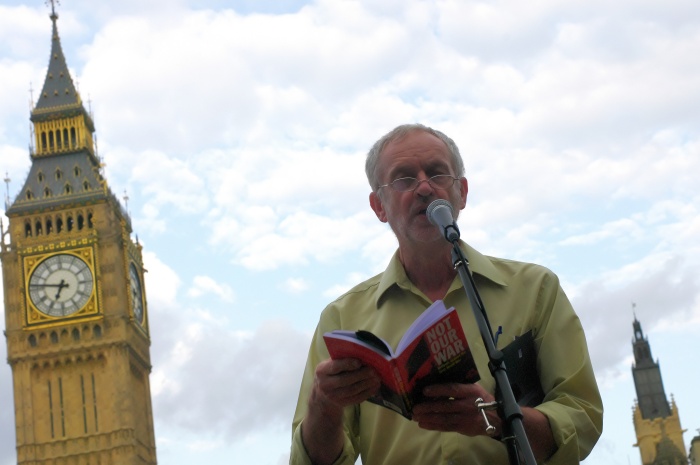New survey of Conservative Party members and voters offers little hope that they’ll help the PM persuade her MPs to support her Withdrawal Agreement
If Theresa May is hoping that her MPs will return to Westminster having been persuaded by their Constituency Associations to back her Brexit deal, she’s going to be disappointed. Our ESRC-sponsored Party Members Project, run out of Queen Mary University of London and Sussex University, has just surveyed 1215 ordinary Conservative Party members, together with a representative sample of 1675 voters. It appears that those members are in no mood for compromise.
 Some 72% of grassroots Tory members, compared to 68% of current Tory voters, voted Leave in 2016 – testimony to David Cameron’s crucial failure in the run up to the EU referendum to convince even his own activists, let alone the country, to back his stance. Where he was then, Theresa May is today.
Some 72% of grassroots Tory members, compared to 68% of current Tory voters, voted Leave in 2016 – testimony to David Cameron’s crucial failure in the run up to the EU referendum to convince even his own activists, let alone the country, to back his stance. Where he was then, Theresa May is today.
It would be fair to say that the Tory grassroots are, if not obsessed, then consumed by Brexit. We asked all voters to list the three most important issues facing the country, and 60% of them ranked Brexit number one. That figure rises to 68% among Tory voters and a whopping 75% among Tory members. And they haven’t changed their minds on the merits of leaving the EU. Some 79% of Conservative Party members think voters made the right decision in the 2016 referendum – and that includes a quarter (26%) of the (23%) minority of them who voted Remain two-and-a-half years ago; 97% of those who themselves voted Leave maintain the country made the right call. Continue reading

 Our
Our  Leaving aside the fact that the choice of an alternative to Corbyn was mainly framed in terms of somebody who was simply a better communicator than the current leader, could a different type of leader really have appealed to Labour members?
Leaving aside the fact that the choice of an alternative to Corbyn was mainly framed in terms of somebody who was simply a better communicator than the current leader, could a different type of leader really have appealed to Labour members?
